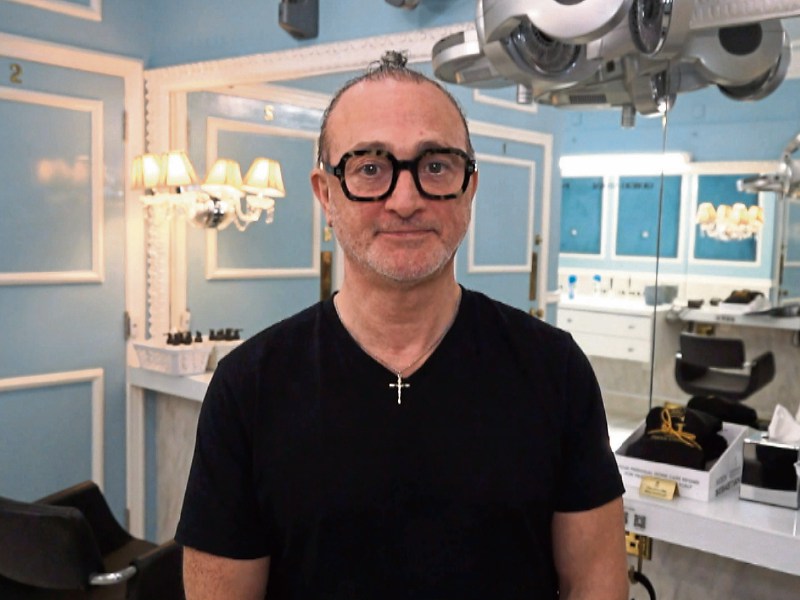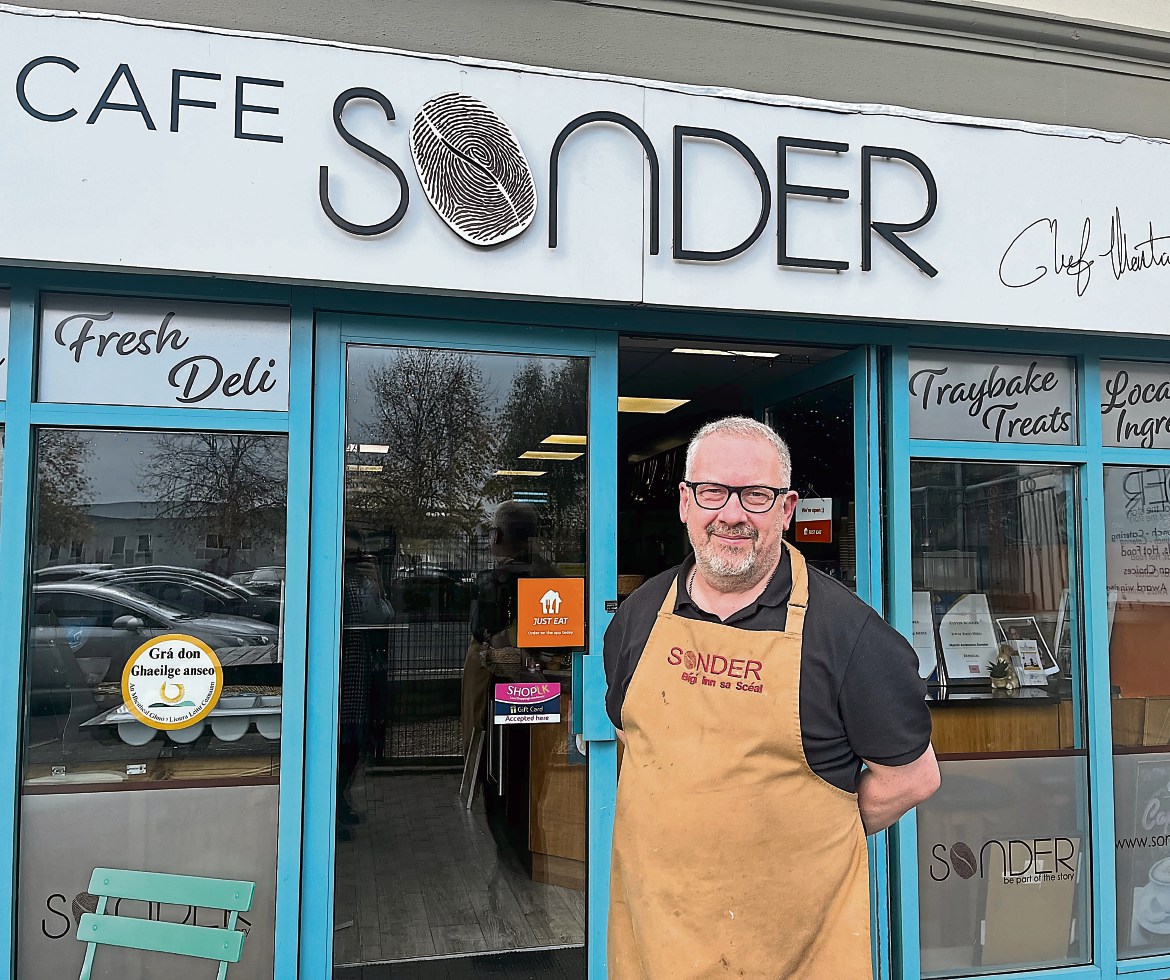Business owners in Letterkenny say cuts to the VAT rate for the hospitality sector announced in the Budget this week will do little to ease the struggles of those already feeling the squeeze.
A blanket cut in the VAT rate for restaurants, cafes, catering businesses and hairdressers from 13.5 per cent to 9 per cent was announced in Tuesday’s Budget, set to take effect in July next year.
The Finance Minister said this move reflects the government’s commitment to supporting businesses in the services sector, particularly those facing rising cost pressures.
Two business owners in Donegal welcomed the reduction, but highlighted how the changes don’t go far enough.
Martin Anderson, chef and owner of Sonder Cafe in Letterkenny, welcomed the VAT decrease but stressed that given the increases in utility and food costs, a “4 and a half per cent reduction wouldn’t see it.”
He added that the budget offered no meaningful incentives for small local businesses, which are working tirelessly to keep their doors open.
He was also disappointed that there was no energy tax credits announced.
Mr Anderson explained that rising energy costs are hitting businesses as hard as they’re affecting households.
“When fuel prices go up for your car or van, or even your electric vehicle, the cost of everything increases because suppliers pass those higher prices onto me.
“And then, I have to pass those costs onto the customer.”
However, he emphasised that small business owners have now reached a point where they can’t justify increasing prices any further.
Mr Anderson said he is in a situation now where he can’t charge more for a coffee or a sandwich, even if that reflects the rising costs, because it’s simply not fair on customers.

Patrick Gildea of Patrick Gildea Hairdressing.
Letterkenny hairdressing salon manager Patrick Gildea also welcomed the VAT reduction but argued that it was “long overdue.”
“It should have been implemented a couple of budgets ago,” he said.
He pointed out that the small business sector has been under immense pressure due to the rising cost of living, with everything from insurance to utilities and supply costs putting a strain on their margins.
“In the service industry, you tend to work on a 6 to 8 per cent profit margin. Now, with the cost of living and operational costs, that margin has been reduced to about 2 or 3 per cent.”
Mr Gildea said that while the VAT reduction being implemented sooner wouldn’t have significantly benefited the small business sector, it would have supported businesses by helping improve profit margins, which could then be reinvested in the business and its team.
However, both Mr Anderson and Mr Gildea also pointed out that larger corporations are the real budget winners.
Mr Anderson stressed that big corporations don’t worry about electricity prices or staff wages because they can adjust prices overnight with their electronic tills.
“When you’re running a small business, increases like that are impossible,” he said.
This is not just because of the technical side like reprogramming tills and changing menus, but also because of the impact on customers. Mr Gildea echoed this sentiment. He said it’s small businesses that truly drive communities feeling the pressure.
“From the nail technician to the dentist to the local coffee shop, all of these businesses need support.
“Instead, they reward big businesses all the time, while the small business gets the crumbs left at the bottom of the table.”










